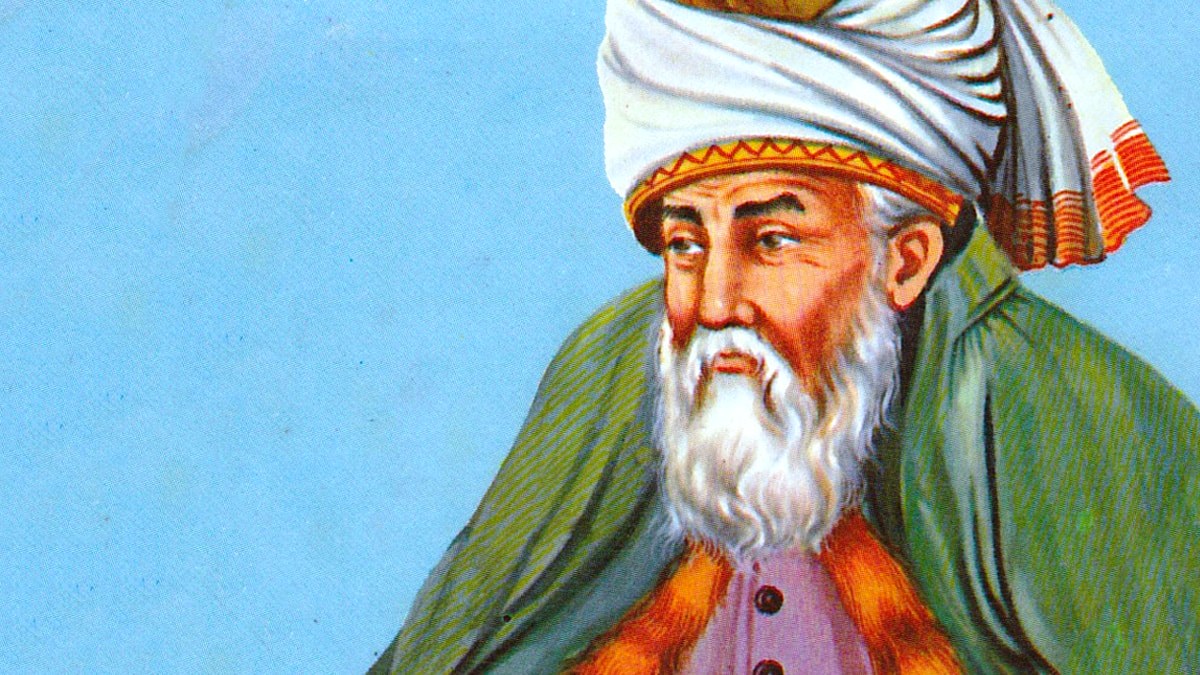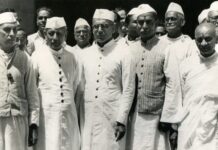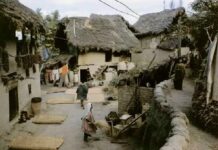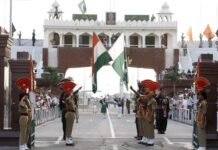After the erstwhile USSR invaded Afghanistan in 1979 and the USA cobbled a partnership with Pakistan to undo the occupation, Kabul fell into despair and devastation, a situation that it is struggling to undo. Azra Hussain reviews Red Sky Over Kabul, a resident’s first-hand account of the great twentieth-century tragedy that Speaking Tiger Books published recently
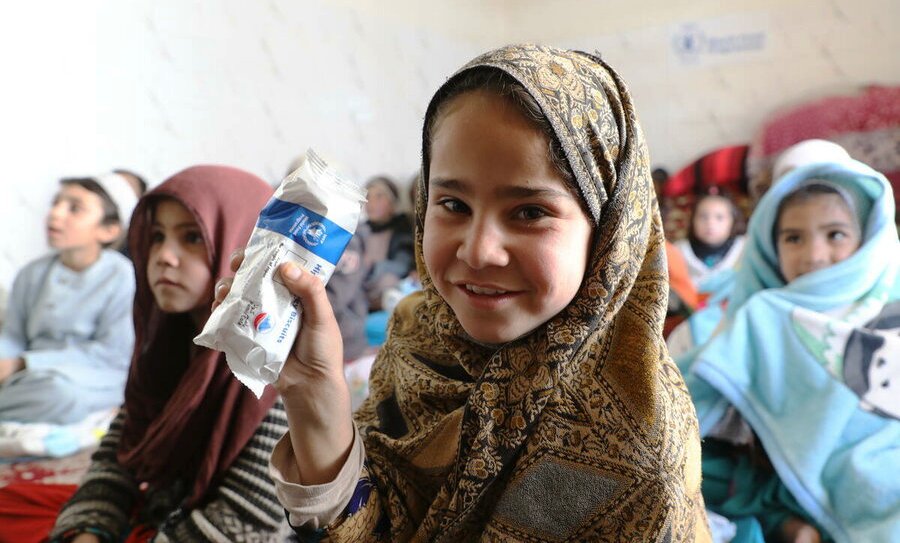
Photo: WFP/Sadeq Naseri
The book Red Sky Over Kabul by Baryalai Popalzai and Kevin McLean is a gripping and heart-breaking tale. While centred on one individual’s experience, it weaves a narrative that encompasses the entire nation of Afghanistan, vividly capturing the tragic downfall of the country.
Born into an influential Pashtun family in Kabul, Afghanistan in 1952, Baryalai ‘Bar’ Popalzai spent his formative years in the city. Like countless other Afghans, he was compelled to leave his homeland following the Russian invasion of 1980. This memoir takes readers on a poignant journey through Bar’s childhood and youth, detailing his arduous odyssey from Kabul to America and ultimately back to Afghanistan. In doing so, it narrates Afghanistan’s relentless struggle for survival and its astonishing resilience against overwhelming odds.
Set against a Kabul starkly different from the present, Bar fondly reminisces about the peace and tranquillity that preceded the relentless warfare. He invites readers into a world of kite-flying, duck-hunting, and the intricate relationship with his father, who appeared as an insurmountable barrier. Bar shares the simple joys of horseback riding and buzkashi, reflecting on the April Revolution and the end of an era with a profound sense of loss. “The Afghan Communists claimed victory, but we all knew who the real winner was,” he writes – “Russia.”
As the USSR officially invades Afghanistan in 1980, Bar is compelled to flee his home, escaping the clutches of National Security Guards conducting ruthless door-to-door searches for young men unwilling to fight for the Soviets against their fellow Afghans. After a harrowing escape to Pakistan, Bar is arrested near a Pakistani guardhouse and incarcerated. Following his release, he embarks on a journey to America and eventually returns to Afghanistan to reclaim and rebuild his family’s home.

The Instability
Afghanistan’s strategic location bordering Russia has historically made it of paramount importance to both the United States and the USSR, serving as a gateway to the broader Asian region. Amid the Cold War, both superpowers sought to exert their influence over Afghanistan, initially through investments in its infrastructure and later through full-scale military invasions.
The tale of Afghanistan’s instability begins in 1973 when Mohammad Zahir Shah, the Afghan monarch, was toppled in a coup d’état, marking the commencement of a period of turmoil. The Saur Revolution of 1978 saw the overthrow of the existing Republic of Afghanistan, giving rise to the Democratic Republic of Afghanistan. This revolution led to widespread conflict throughout the country and prompted the Soviet Union’s intervention, resulting in the decade-long Soviet-Afghan War.
To regain control of Afghanistan, the United States began financing Pakistan and initiated Project Cyclone in 1979, the largest covert operation of its kind, costing an estimated three billion dollars in taxpayer funds. The United States supplied Pakistan with billions of dollars worth of weaponry, altering the course of the war and enabling Muslim fundamentalists to gain control over much of Afghanistan. The Afghan War persisted for a decade, claiming the lives of over a million Afghans, predominantly civilians, and forcing an additional five million to flee, primarily to Pakistan and Iran.
A Witness
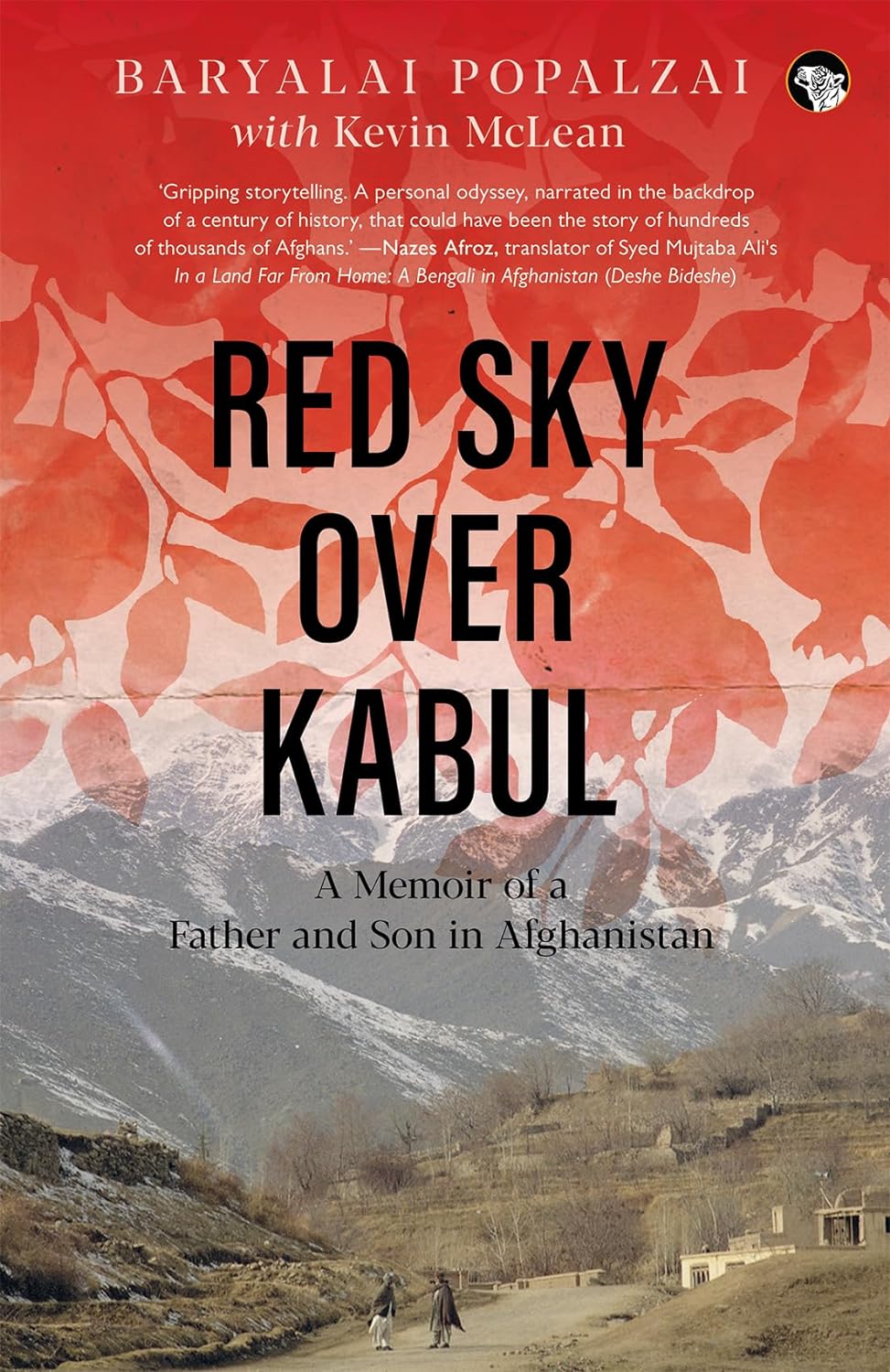
Through Bar’s account, readers vividly experience the desperation and fear of fleeing his homeland, alongside his deep yearning and homesickness as he leaves Afghanistan behind. The book exposes the cruelty and brutality of war, highlighting the ruthlessness of the Soviet Union and the deception of America. It illustrates how Afghanistan became a battleground for the USSR and the US, with Afghans tragically caught in the crossfire for a decade. It delves into the ensuing civil war and the staggering loss of life. It also sheds light on the rise of the Taliban and their devastating impact on the country.
What elevates this book is its lucid and profoundly moving narrative, which not only tells Bar’s story but also represents the plight of millions of Afghans forced to abandon everything they held dear. Red Sky Over Kabul serves as an emotionally wrenching account of the Russian occupation and the subsequent deterioration of Afghanistan, intertwined with the narrative of a desperate man yearning for his homeland. From Afghans turning against their people to the utter brutality that unfolded when America fought back, financing Pakistan to carry out its bidding, this book leaves no stone unturned. Overall, it stands as an exceptionally well-crafted and enlightening read for those seeking a deeper understanding of Afghanistan’s collapse during the Cold War.
The Brutal War
The narrative paints a portrait of a Kabul long-forgotten before the brutal war, and the author’s harrowing escape to Pakistan evokes a profound sense of sorrow in the reader’s heart. Bar’s struggle to forge a new life as a foreigner far from his homeland and his eventual journey to fill his father’s shoes are themes that make this book a truly captivating read. In summary, Red Sky Over Kabul is a masterfully written nonfiction work, characterised by engaging storytelling and a bittersweet conclusion, making it a highly worthwhile read.



